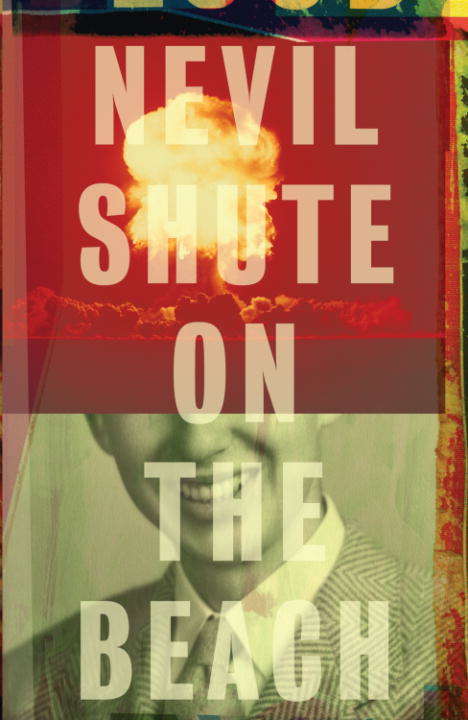On the Beach
By:
Sign Up Now!
Already a Member? Log In
You must be logged into Bookshare to access this title.
Learn about membership options,
or view our freely available titles.
- Synopsis
- After the war is over, a radioactive cloud begins to sweep southwards on the winds, gradually poisoning everything in its path. An American submarine captain is among the survivors left sheltering in Australia, preparing with the locals for the inevitable. Despite his memories of his wife, he becomes close to a young woman struggling to accept the harsh realities of their situation. Then a faint Morse code signal is picked up, transmitting from the United States and the submarine must set sail through the bleak ocean to search for signs of life. On the Beach is Nevil Shute's most powerful novel. Both gripping and intensely moving, its impact is unforgettable.
- Copyright:
- 1985
Book Details
- Book Quality:
- Publisher Quality
- Book Size:
- 312 Pages
- ISBN-13:
- 9780307476982
- Publisher:
- Random House
- Date of Addition:
- 07/23/10
- Copyrighted By:
- William Morrow
- Adult content:
- No
- Language:
- English
- Has Image Descriptions:
- No
- Categories:
- Literature and Fiction, Science Fiction and Fantasy
- Submitted By:
- Bookshare Staff
- Usage Restrictions:
- This is a copyrighted book.
Reviews
5 out of 5
By Donald Wardlow on May 7, 2012
This book, and "Pied Piper," are, to my way of thinking, Nevil Shute's two best works. Of all the post-apocalypse literature out there, this is easily the most hopeless. It's my belief that Shute, knowing his life was nearly over, was helpless to write this book any other way. Both "Alas Babylon," and "One Second After," posit continuing survival, at least for a few, following nuclear war. Both "The Stand," and "earth Abides," posit ongoing survival following plague. However, "On the Beach," posits no hope at all for the survivors, even Australians who never lobbed as much as one bomb or bullet in anger. Submarine captain Dwight Towers, played by Gregory Peck in the movie version, and Australian naval officer Peter Holmes set off on a last-chance voyage to see if there's any hope the radiation cloud menacing Australia might be decreasing in intensity. Towers in particular is in denial-refusing the advances of a highly available girl because he refuses to admit to the death of his family. Not everybody practices self-denial; perhaps the most interesting man in the entire book is John Osborne, a lifelong race fan who has bought a racing car and is hell bent on winning the Australian Grand Prix, where even by the standards of racing at that time, the competition is fierce. and why not-die by car wreck or radiation, it's still death, say the racers. another claque, too old for violent sport, have chosen to drink until they drop-at a rate of 300 bottles a month. the only thing the other world's-end books have which is lacking in this book is crime; nobody loots, pillages, or murders as they certainly do in "The Stand," and "earth Abides." I guess they felt, with the end so close anyway, why rob or murder anyone? Even without crime, this is quite a heart-rending read for even the person with the slightest spark of idealism still left.
